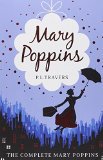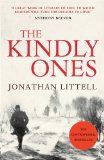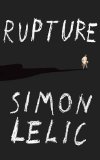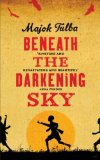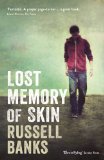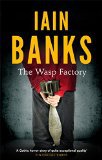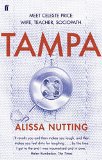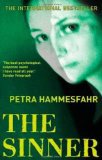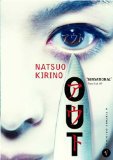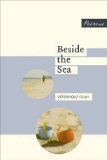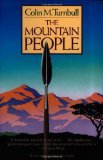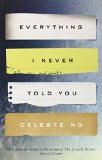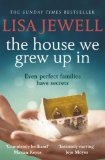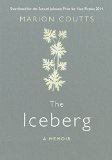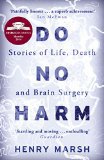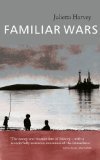 Source: Free review copy received from publisher
Source: Free review copy received from publisher
Five words from the blurb: Greek, boy, massacre, uprooted, family
Familiar Wars was originally published in 1987, but was re-released last week to coincide with the publication of the sequel, One Third of Paradise . I hadn’t heard of Julietta Harvey until review copies of these books fell through my letter box, but I quickly released she is an author I want to follow.
. I hadn’t heard of Julietta Harvey until review copies of these books fell through my letter box, but I quickly released she is an author I want to follow.
Familiar Wars begins in 1922 and follows Gregoris, a young Greek boy who flees the Turkish massacre in Smyrna. I loved the way the book combined historical fact with vivid descriptions to create an atmospheric story. Julietta Harvey was born in Greece and her love and knowledge of this country was evident throughout. I knew very little about this period of history, but everything was explained so I could understand the details of this conflict.
The writing quality was excellent and many aspects of the novel reminded me of my favourite book, A Fine Balance . I especially loved the way the descriptions included the sounds and smells of the area, as these added a wonderful depth that too many writers ignore:
. I especially loved the way the descriptions included the sounds and smells of the area, as these added a wonderful depth that too many writers ignore:
But they knew how to eat! The shop flooded with new appetising smells. Hunger for the delicacies appearing behind the counter caught him unawares: it gripped him, he was in tears with sudden total desire. Large green olives swimming in herbs and spices, pickled cabbage fragrant with aniseed, baby aubergines stuffed with dill and basil, pink octopus tenderised in spiced wine, potted prawns as big as mackerels and as fresh and sweet smelling as the sea at dawn, caviar from the Black Sea, each egg as big and juicy as a grape, pastourma – the flower of the Karamanli genius wrapped in layers and layers of cayenne, and underneath, the meat, red and moist and tender, begging to be eaten, ready to melt in the mouth.
The vivid detail meant that some scenes were disturbing, but these were necessary to show how brutal this period of history was. They also helped to show how communities can overcome hardship, harnessing resilience to rebuild a happy life.
The only real negative was that the story contained too many characters. I frequently struggled to remember who some of the peripheral characters were, but in the end I decided this didn’t really matter as the central characters were so strong.
This is an impressive book which highlights an important period of history. I recommend it to anyone who is interested in the way conflict affects ordinary people, especially if you have an interest in this area of the world. I look forward to reading the sequel soon.

.
as I thought it pushed the boundaries of both literature and science in new directions – something the majority of other books fail to do, no matter how insightful or well-written they are. I’d also be happy to see The Book of Strange New Things by Michel Faber
do well, especially as it is a fantasy novel – a genre often ignored by the prize committee.
A God in Ruins by Kate Atkinson
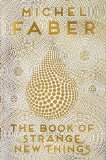

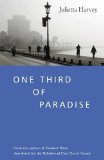
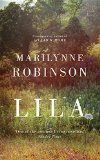
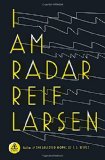
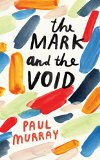
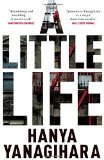
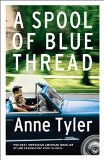
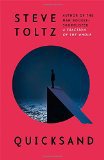
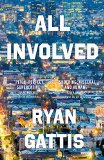
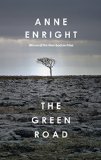
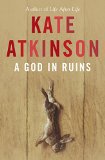
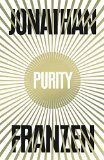




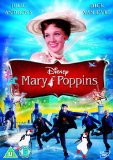
![Mary Poppins [DVD] Mary Poppins [DVD]](http://images.farmlanebooks.co.uk/51ELUBHcjPLa_SL160_.jpg)

![Saving Mr Banks [DVD] Saving Mr Banks [DVD]](http://images.farmlanebooks.co.uk/411zodrCzCLa_SL160_.jpg)
